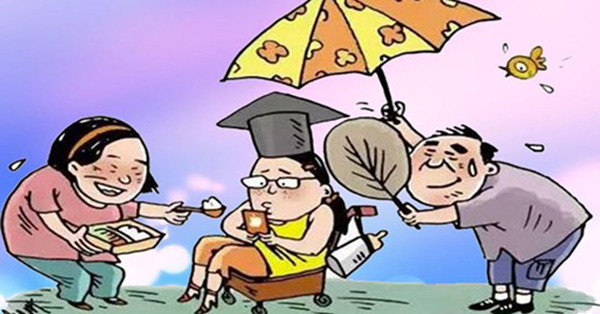Scientists have developed a mathematical model of the mating game to help explain why courtship is often long and drawn out.
The study, by researchers at University College London (UCL), University of Warwick and London School of Economics and Political Science (LSE), shows that extended courtship enables a male to signal his suitability to a female and enables the female to screen out the male if he is unsuitable as a mate.
Professor Robert Seymour, UCL Mathematics, says: "Courtship in a number of animal species occurs over an extended period of time. Human courtship, for example, can involve a sequence of dinners, theatre trips and other outings lasting months or even years. One partner - often the male - may pay the greater part of the financial cost, but to both sexes there is a significant cost of time which could be spent on other productive activities. Why don't people and other animals speed things up to reduce these costs? The answer seems to be that longer courtship is a way for the female to acquire information about the male."
He adds that, "By delaying mating, the female is able to reduce the chance that she will mate with a 'bad' male."
All males are not equal
Dr Peter Sozou, Warwick Medical School and LSE Centre for Philosophy of Natural and Social Science, says: "From a female's point of view, males are not all equal. A female would like to mate with a good male, but cannot tell a male's type from his appearance alone. The strategic problem the female faces is how to screen out bad males, and this is where long courtship comes into play.
"A male is assumed to always want to mate with a female, but a good male is more willing to pay the cost of a long courtship in order to claim the prize of mating. This leads to an outcome in which the female is not willing to mate immediately, but instead requires the male to wait for an indeterminate time before she agrees to mate with him. During this time, the male may give up on courting the female.
"Bad males give up at some random time if the female has not by then mated with them, but good males are more persistent and do not give up. The female’s strategy is a compromise - a trade-off between on the one hand the greater risk of mating with a bad male if she mates too quickly, and on the other hand the time cost of delay. Under this compromise there remains some risk that she will mate with the wrong type of male. She cannot eliminate this risk.
The research, published in the Journal of Theoretical Biology, uses game theory to analyse how males and females behave strategically towards each other in the mating game.
How the research was done
The mathematical model considers a male and a female in a courtship encounter of unspecified duration, with the game ending when one or other party quits or the female accepts the male as a mate. The model assumes that the male is either a 'good' or a 'bad' type from the female’s point of view, according to his condition or willingness to care for the young after mating.
The female gets a positive payoff from mating if the male is a 'good' male but a negative payoff if he is 'bad', so it is in her interest to gain information about the male’s type with the aim of avoiding mating with a 'bad' male. In contrast, a male gets a positive payoff from mating with any female, though his payoff is higher if he is 'good' than if he is 'bad'.
The study looks for evolutionarily stable equilibrium behaviours, in which females are doing as well as they can against male behaviour and males are doing as well as they can against female behaviour.
It shows that extended courtship can take place, with a good male being willing to court for longer than a bad male and the female delaying mating. In this way the duration of a male’s courtship effort carries information about his type.
By delaying mating, the female is able to make some use of this information to achieve a degree of screening. Because bad males have a greater tendency to quit the courtship game early, as time goes on and the male has not quit it becomes increasingly probable that he is a 'good' male. – (EurekAlert, January 2009)






